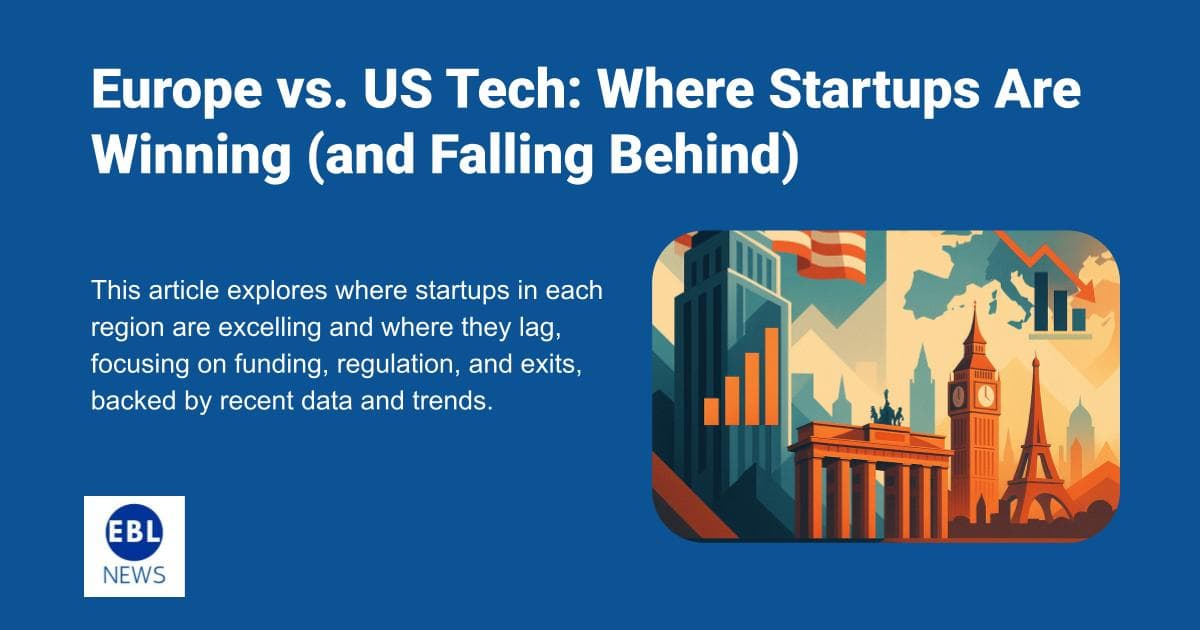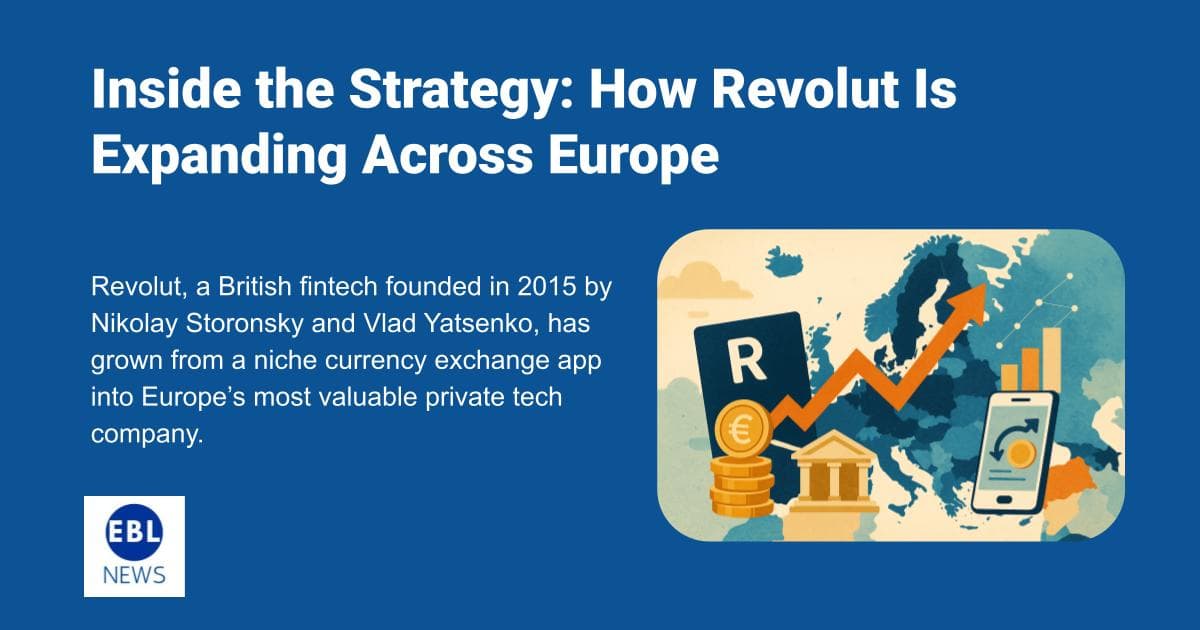Despite macro headwinds, Q1 2025 saw several standout funding rounds across Europe’s tech landscape. From AI infrastructure to deeptech and biotech, the continent’s most capitalized startups are playing in high-stakes, high-complexity arenas.
Below is a data-backed look at the 10 most funded startups in Europe this quarter.
| Rank | Startup | Country | Sector | Amount Raised | Lead Investors |
| --- | --- | --- | --- | --- | --- |
| 1 | H2 Green Steel | Sweden | Green Steel | €4.75B | European Investment Bank, KfW, others |
| 2 | Mistral AI | France | Foundation Models | $1B (cumulative) | General Catalyst, Lightspeed |
| 3 | Aleph Alpha | Germany | Generative AI | $500M | Bosch Ventures, SAP |
| 4 | Helsing | Germany | Defense AI | €450M | General Catalyst, Saab |
| 5 | Quantexa | UK | AI for Risk/Finance | $129M | Warburg Pincus |
| 6 | Flowdesk | France | Crypto Infrastructure | $50M (Q1) | Cathay Innovation, Eurazeo |
| 7 | Meatable | Netherlands | Cultivated Meat | €30M | DSM, Section32 |
| 8 | Sano Genetics | UK | HealthTech | £2.5M | Episode1 Ventures |
| 9 | One Trading | Italy | Digital Assets | Undisclosed | Valar Ventures |
| 10 | Photoroom | France | Generative AI (Images) | $43M | Balderton Capital |
What the Numbers Say
The funding leaderboard tells a story of deep capital going toward deep tech. Over half of the top-funded startups are building in or around artificial intelligence—either as core infrastructure (Mistral, Aleph Alpha), sector-specific applications (Quantexa, Helsing), or adjacent tools (Photoroom).
Clean energy also maintains a firm grip on investor interest, with H2 Green Steel’s massive €4.75B raise dwarfing even the largest AI rounds. The round reflects growing urgency around European industrial decarbonization—and the shift from funding pure software toward physical tech with strategic relevance.
Meanwhile, sectors like healthtech and cultivated meat saw modest rounds, highlighting that capital is flowing disproportionately toward geopolitically aligned or infrastructure-heavy bets.
Conclusion: A Capital Market Recalibrated for Strategy
The European funding landscape is shifting from hype to hard power. Gone are the days when a slick B2C pitch deck or a marketplace MVP could pull in massive Series Bs. What we’re seeing now is a redirection of capital toward companies solving foundational, complex, and often regulatory-heavy problems.
Three observations stand out:
Sovereignty is shaping investor psychology.
From AI models built on EU data, to crypto infra running on local rails, startups are increasingly valued for aligning with Europe’s political-economic goals—not just market demand.
Bigger rounds are going to fewer companies—but with broader impact.
Many of the companies above aren’t “apps”—they’re platforms, infrastructure providers, or enablers of strategic capacity. This suggests VCs are favoring category creators, not incremental plays.
Capital is returning to long-term conviction.
Despite market caution, when the thesis is strong—AI sovereignty, green reindustrialization, defense dual-use tech—investors are writing large checks. That signals a market maturing, not freezing.
The Q1 2025 funding cycle suggests that Europe isn’t just keeping pace with innovation—it’s increasingly defining the playing field through policy-aligned, infrastructure-minded startups. If the current momentum holds, the next generation of European unicorns may look very different from the last: less consumer, more continental.





